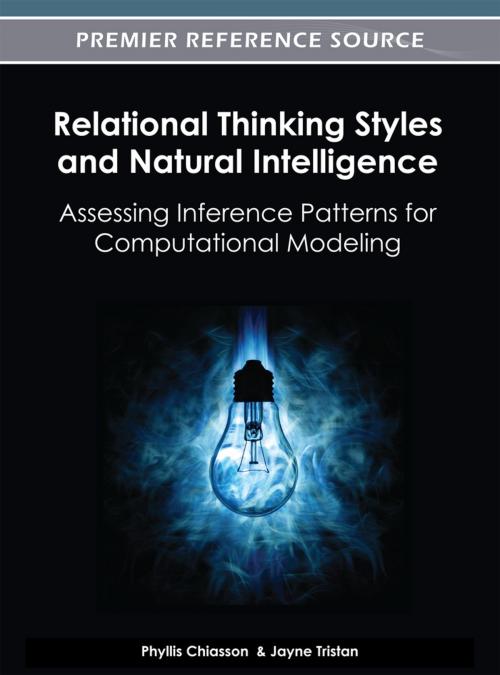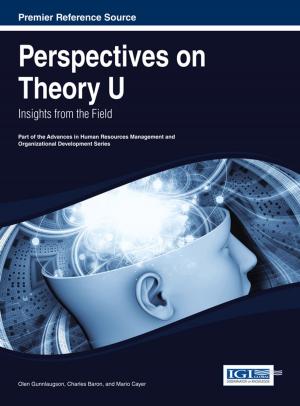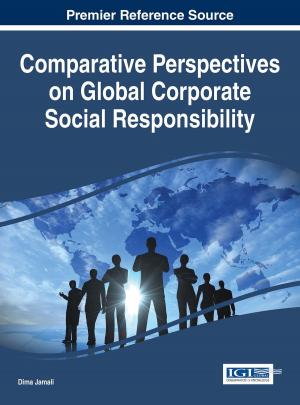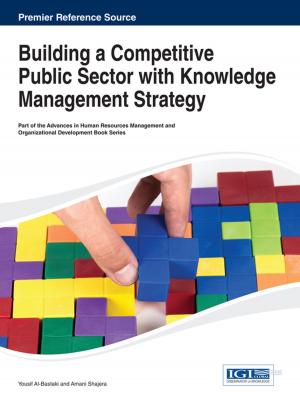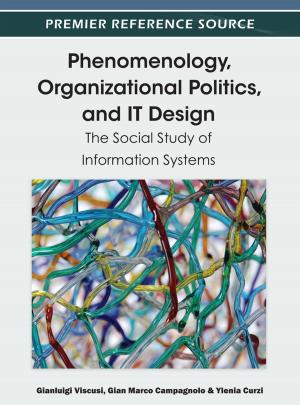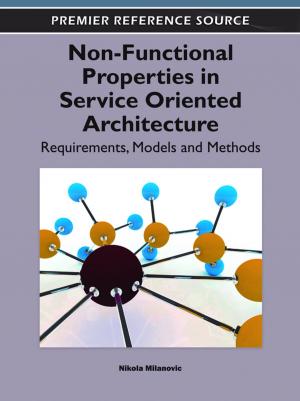Relational Thinking Styles and Natural Intelligence
Assessing Inference Patterns for Computational Modeling
Nonfiction, Computers, Advanced Computing, Programming, Data Modeling & Design, Health & Well Being, Psychology, Cognitive Psychology| Author: | Phyllis Chiasson, Jayne Tristan | ISBN: | 9781466622562 |
| Publisher: | IGI Global | Publication: | April 30, 2012 |
| Imprint: | Information Science Reference | Language: | English |
| Author: | Phyllis Chiasson, Jayne Tristan |
| ISBN: | 9781466622562 |
| Publisher: | IGI Global |
| Publication: | April 30, 2012 |
| Imprint: | Information Science Reference |
| Language: | English |
The science of intelligence has created a plethora of theories and measurements, which have various applications of both computational, social, and managerial significance. Relational Thinking Styles and Natural Intelligence: Assessing Inference Patterns for Computational Modeling explores a specific set of intelligence theories, unifying and quantifying to create a verifiable model of various inferencing habits. Relational Thinking Styles suggests that the inferencing patterns described and demonstrated by this model may provide a platform from which to examine and integrate various aspects of natural intelligence and how these are expressed. This research provides valuable information for businesses, social services, and any decision-making process involving intelligence assessment.
The science of intelligence has created a plethora of theories and measurements, which have various applications of both computational, social, and managerial significance. Relational Thinking Styles and Natural Intelligence: Assessing Inference Patterns for Computational Modeling explores a specific set of intelligence theories, unifying and quantifying to create a verifiable model of various inferencing habits. Relational Thinking Styles suggests that the inferencing patterns described and demonstrated by this model may provide a platform from which to examine and integrate various aspects of natural intelligence and how these are expressed. This research provides valuable information for businesses, social services, and any decision-making process involving intelligence assessment.
